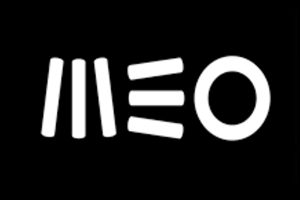 Altice Portugal-owned pay TV provider MEO has been handed a second fine of €117,500 from Portuguese media regulator Anacom for failing to comply with rules regarding the construction, access and installation of networks and electronic communications.
Altice Portugal-owned pay TV provider MEO has been handed a second fine of €117,500 from Portuguese media regulator Anacom for failing to comply with rules regarding the construction, access and installation of networks and electronic communications.
According to Anacom, the company faces up to four offences which include using the telecommunications infrastructure already installed in the buildings, having made changes to the infrastructures in question, when these made it possible to support the services to be provided and the technology to be made available. In addition, an offence for having carried out the connection of the building’s telecommunications infrastructure to public communications networks prior to the issuance of the respective term of responsibility for carrying out the installation.
MEO was sanctioned a €2.46 million fine prior to in April by the media watchdog for a violation of the termination of contracts on the initiative of subscribers. Anacom said the operator did not provide subscribers the termination form that it is obliged to hand over whenever requested, and others in which the company did not ask customers for documents that were necessary to confirm the termination of the respective contracts or requested documents that were not necessary.
The sanction comes following the recent corruption probe at MEO’s parent company Altice, in which the company’s co-founder Armando Pereira on the suspicion of tax fraud, corruption and money-laundering last month and the suspension of French execs involved.
Altice France boss Patrick Drahi has revealed the group is looking at multiple options for the sale of assets as part of a strategy to reduce the company’s debt pile.
In a statement Anacom said, “The conduct adopted calls into question the proper functioning of electronic communications services, legally considered essential services, insofar as changes were made to already installed infrastructures that were adequate for the provision of services and because a telecommunications infrastructure of a building to the public communications network without having previously issued, by a duly accredited installer, the respective term of responsibility for execution.”



